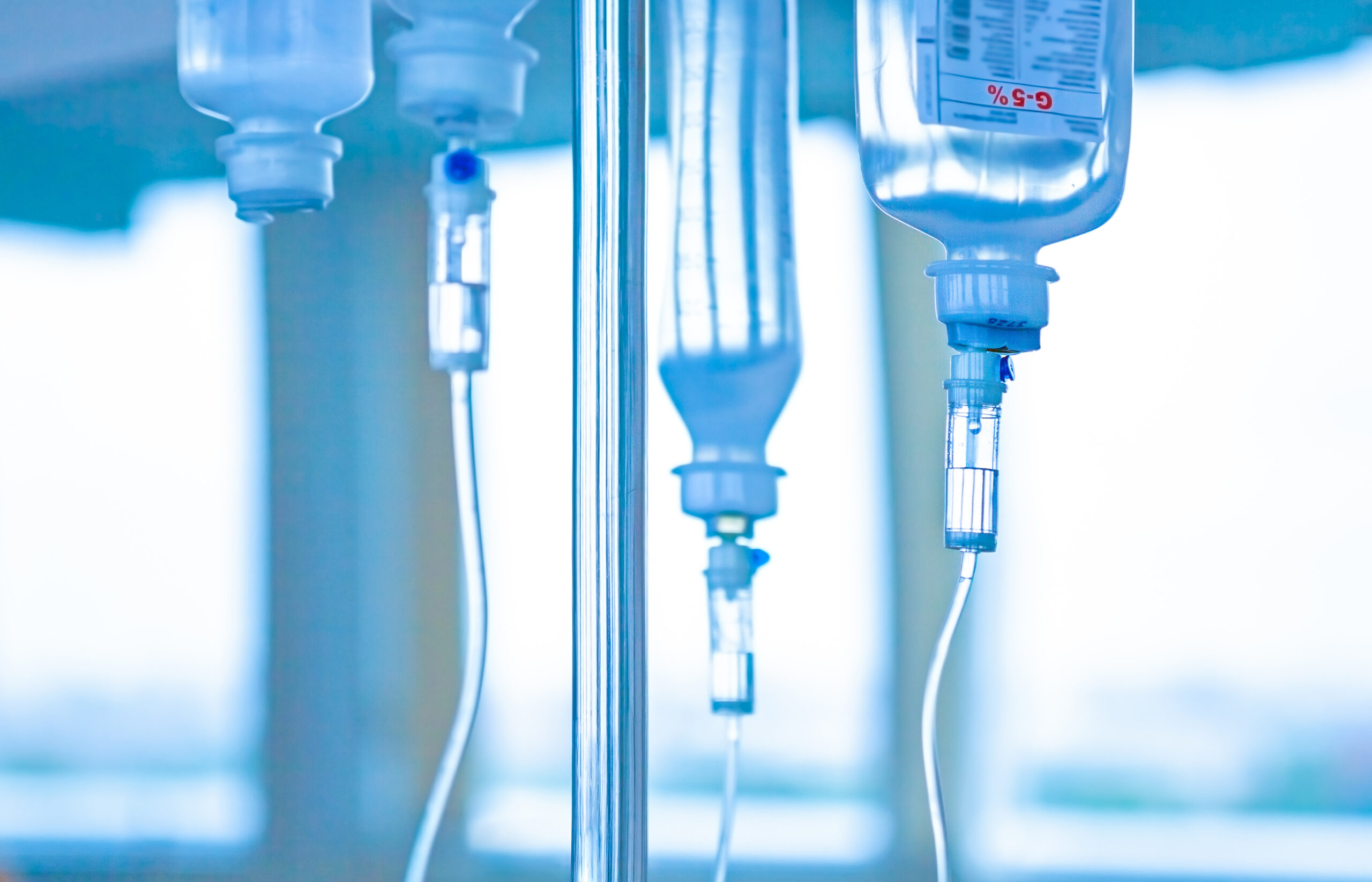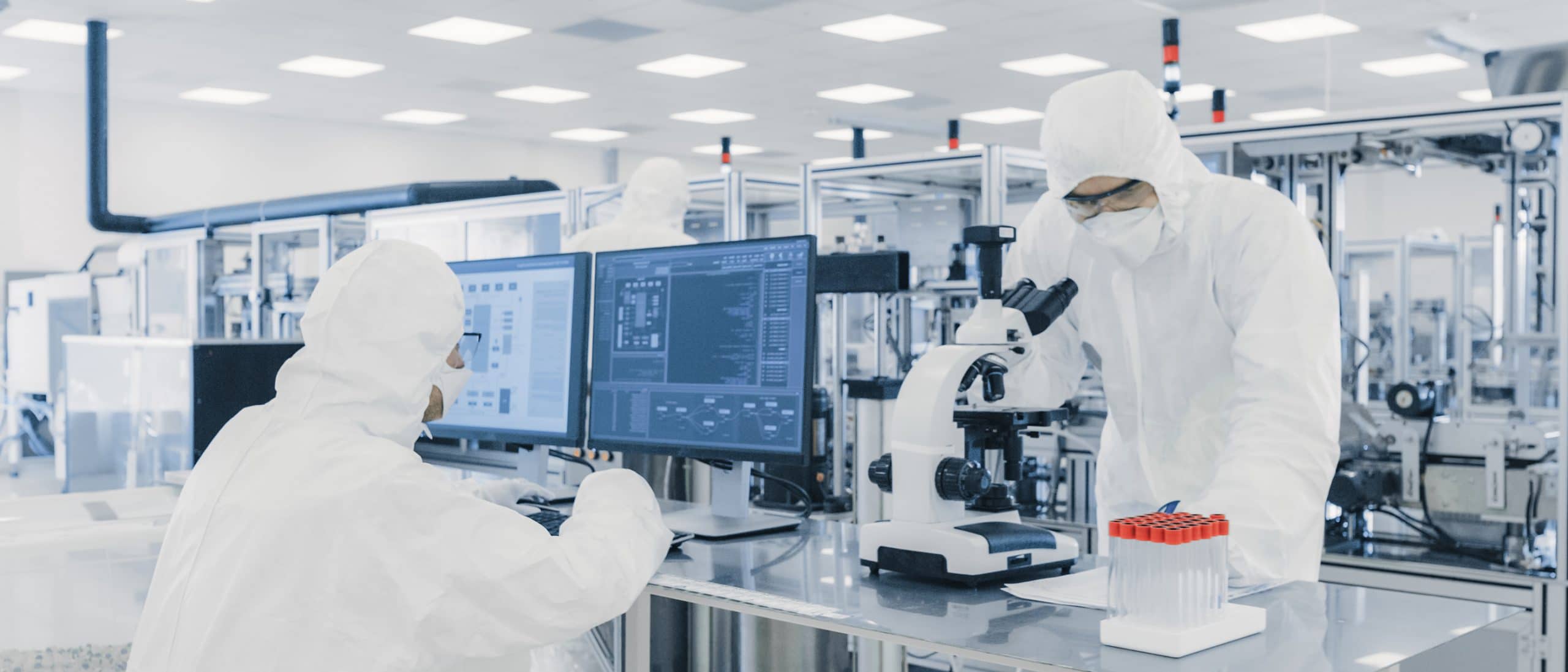Lung Cancer Chemotherapy Side Effects for Patients
Chemotherapy is one of the main types of cancer treatment available. Learn the side effects of treatment and what to expect.

Chemotherapy Side Effects
As with all anti-cancer treatments, chemotherapy comes with a set of side effects and reactions. These effects encompass how the patient’s body reacts to chemotherapy medications.
Reactions and complications can be experienced differently by each patient and still other patients may not experience certain side effects at all. What’s experienced by a patient depends on a range of variables, some of which include the patient’s stage of lung cancer (or other cancer), previous treatments, age, and overall health.
The patient’s oncologist will be the final say in whether a type of chemotherapy is appropriate to treat their lung cancer. This usually happens after the doctor makes an official diagnosis and prognosis.
A person is likely to notice the effects of chemotherapy in the following systems:
- Bone marrow (skeletal)
- Digestive tract
- Hair follicles (integumentary)
- Mouth (digestive)
- Reproductive system
Other affected systems include the circulatory, immune, nervous, muscular, sexual, and excretory.
Why Do Chemotherapy Side Effects Happen?
When a medical professional administers chemotherapy medications, the drugs cannot tell the difference between healthy cells and tumors. The medication flows through the bloodstream and attacks both types of cells, causing related effects in patients. Scientists and researchers are developing new ways to administer chemotherapy drugs to reduce these types of effects.
New Ways to Administer Chemotherapy Medications
Clinical trials are currently being utilized to test the administration of heated chemotherapy drugs via gold-plated, bullet-shaped nanoparticles. These nanoparticles can reduce the harmful effects of chemotherapy by containing the drug safely within it. When the medical technician applies heat, the nanoparticle is already inside the cancer cell. Targeted radiation beams will then deliver intense heat to the affected area, destroying the nanoparticle and releasing the anti-cancer medications inside. The heated drugs also negatively impact the cancerous cells, forcing cell death and making an efficient dual attack system on tumors with greatly reduced effects.
Most Common Side Effects
Lung cancer patients report these chemotherapy side effects the most.
Pain
A common symptom, pain from chemotherapy is more general and can affect multiple regions in the body. This can include headaches, muscle pain, and soreness.
Breathing Issues
If tumors metastasize (grow and spread) in the lungs, treatment directed to this region may cause temporary or permanent damage to lung tissues. Sometimes chemotherapy or tumors on the lungs can affect output, causing blocked airways and trouble breathing. A doctor may prescribe oxygen therapy if problems persist.
Constipation and/or Diarrhea
Chemotherapy treatments sometimes affect the digestive or GI tract. Which could cause constipation and diarrhea. Other common side effects in this system can include lack of appetite, nausea, and vomiting. Oftentimes lung cancer patients have to modify their diet accordingly.
Easy Bruising and/or Bleeding
Chemotherapy can weaken the body, causing easy bruising and excessive bleeding when impacted. Additionally, patients should wear gloves when using sharp objects and be cautious when walking on uneven ground in order to reduce falls and risks of injury.
Hair Loss
Hair follicle damage is a common side effect of chemotherapy. During treatment, hair may become weak, brittle, and easy to fall out. Hair that replaces what’s fallen could grow back a different color or texture. Post-treatment, the patient’s original hair color, and texture should begin to grow back. This isn’t always the case, however.
Neuropathy
Neuropathy consists of pain in the nerves caused by nerve damage. The damage is caused by tumors in late state lung cancers that may have spread to the nervous system. Consequently, this injury may cause tingling in the hands and feet.
Weakened Immune System
The body is weakened during chemotherapy, including the immune system. A weakened immune system can cause the patient to be more susceptible to infection and illness. It’s best to avoid large crowds and activities that may cause a patient to interact with illness or injury.
Less Common Effects
These adverse reactions happen in fewer lung cancer patients.
Rash
Since this type of cancer treatment affects the immune system, sometimes a rash or other skin conditions may be induced when it tries to fight back. Additionally, rashes can cause itching, pain, or infection if the person scratches too much.
Mouth Sores
A delayed reaction, mouth sores may affect the patient a couple of weeks after chemotherapy has begun. Bleeding or infection may occur. Doctors and patients have reported that warm salt water helps. However, if sores continue to worsen, seek medical advice.
Least Common (Rare) Side Effects
Much fewer patients experience these chemotherapy side effects, but if you do happen to experience them, talk to your doctor as soon as possible. Some rare reactions the body can have to chemotherapy include changes in skin color, swelling of the hands and feet, low blood pressure, and even personality changes. Therapy can take a psychological and emotional toll, potentially causing negative actions, feelings, thoughts, or emotions.
Psychological and Emotional Toll
When a patient receives a cancer diagnosis, it’s usually a difficult time for them. With a lung cancer diagnosis comes a toll on mental health. Some may experience feelings of grief, depression, anger, anxiety, dread, or stress among others.
Family members and close friends of the patient may also experience a psychological or emotional drain. Complementary therapies are available to help combat these negative effects. This can include massage, talk therapy, meditation, music therapy, pet therapy, and others. There are also support groups and other resources available to lung cancer patients and their families during this trying time and after.
How Long Do Effects Last?
Adverse effects in patients usually subside and stop after chemotherapy has ended, but sometimes linger for months after. Still, some other effects can last a lifetime. This happens when medications cause long-term damage to areas like the lungs, kidneys, heart, or reproductive system. More rarely, some chemotherapy medications have caused second cancer in patients with delayed development several years after treatment.
Managing Chemotherapy Side Effects
Medicine can help. If the chemotherapy side effects become unmanageable, talk to your doctor. They’ll be able to assess the gravity of your complications and prescribe medications that can help alleviate effects. Common medications include those that reduce nausea and pain.


